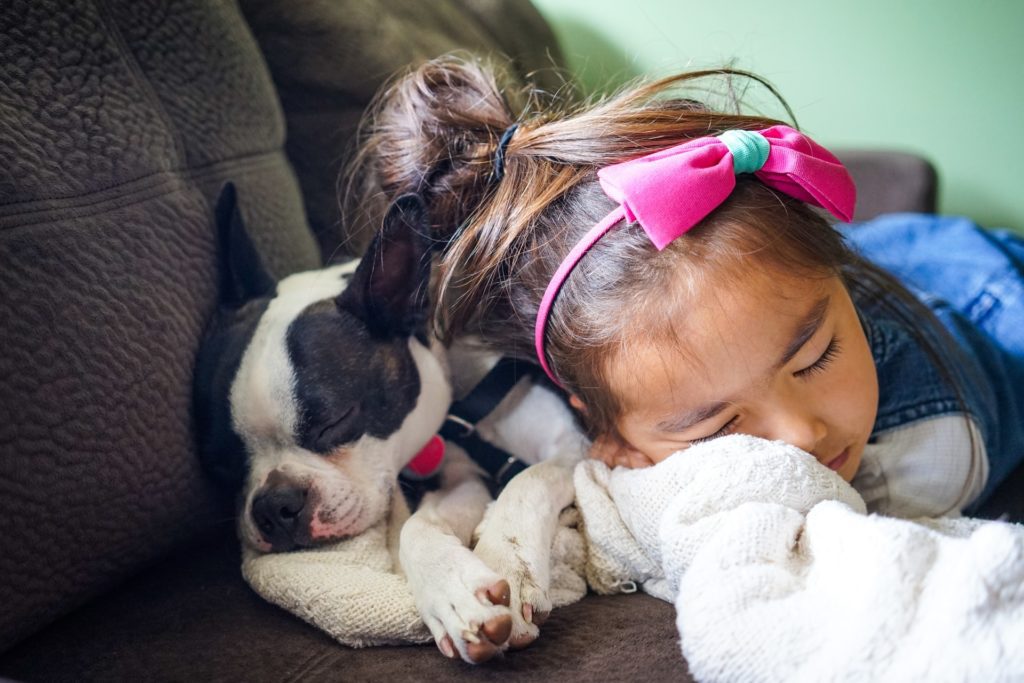



A recent study surveyed Kindergarten through fourth grade kids and their parents and teachers about the children’s sleep. Teachers reported that about 10% of the kids were falling asleep in school. Like us adults, many of our school-age kids are sleep deprived.
Two- and three-year-old children sleeping less than 10 hours in a 24-hour period were consistently at greatest risk for behavior problems such as oppositional or noncompliant behavior, “acting out” behaviors, and aggression, reported the team of Northwestern University scientists conducting a study.
Preschoolers who sleep less at night have almost 25 percent greater chance of psychiatric diagnosis, according to a study, published in the June issue of Developmental and Behavioral Pediatrics.
Some researchers suggest that many of the problems addressed by pediatricians might have a basis in the children being overtired (including possibly hyperactivity, illnesses, difficulties in school and/or depression). Some researchers indicate that symptoms of long-term fatigue mimic those of attention-deficit disorder and might therefore be leading to misdiagnoses.
When a child has problems with sleep, it can quickly lead to high levels of stress within the home. Specifically, chronic sleep problems place children at risk for:
* Behavioral outbursts
* Emotional meltdowns
* Decline in school performance
Ongoing struggles over bedtime routines or nighttime waking can negatively impact the parent-child relationship, as well as lead to parent irritability and exhaustion.
“We’re seeing more and more school-age kids who have sleep problems and who doze off in class,” remarks pediatrician Judith Owens, who runs a sleep clinic at Rhode Island Hospital in Providence.
Long-term studies need to untangle the many influences on sleeping habits in individual children, from soda consumption to Internet use at night, Owens holds. Much remains to be done,” she says.
Sadeh, A., A. Raviv, and R. Gruber. 2000. Sleep patterns and sleep disruptions in school-age children. Developmental Psychology 36(May):291-301.
